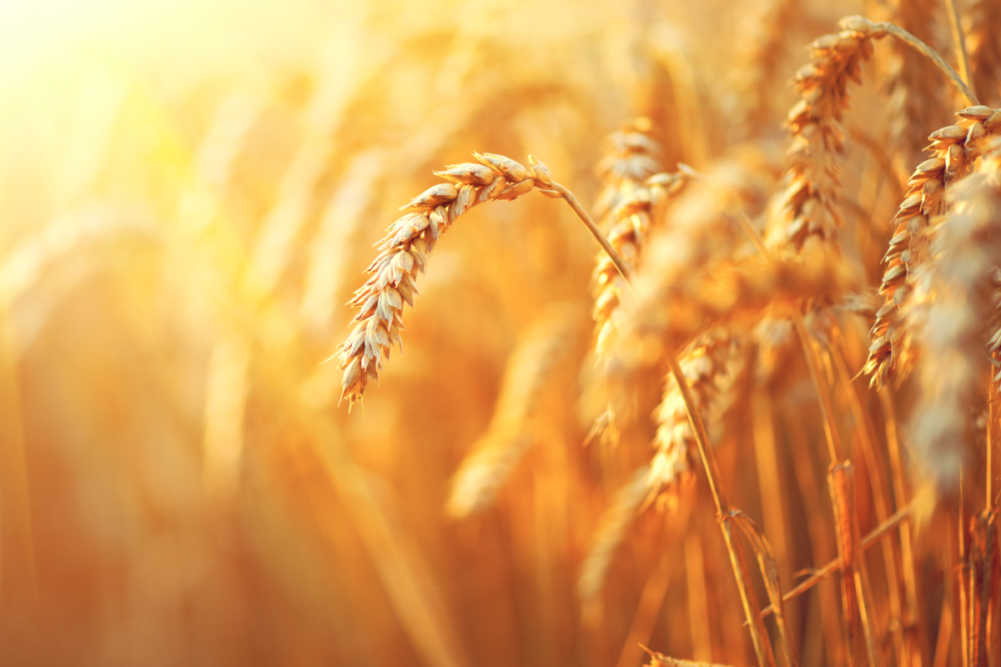MANHATTAN, KAN. — Kansas State University (KSU) has been awarded $22 million from the US Agency for International Development (USAID) to lead the Feed the Future Climate Resilient Lab (CRCIL), which includes US and international partners advancing the breeding of four major world crops: wheat, rice, sorghum and millet.
The award’s overall ceiling is $37 million, allowing it to help an expanding set of partner countries over time, said Jagger Harvey, director of the CRCIL and a research professor in the Plant Pathology Department at KSU. The USAID award supports collaborative, interdisciplinary research and other activities related to improving the four focus crops.
The team has charted an ambitious and collaborative approach to building the climate resilience of genetic materials, like seeds, available to cereal breeders and ultimately to farmers abroad and in the United States, Mr. Harvey said.
He said CRCIL will work toward helping to sustainably double food production by 2050, even under “a perfect storm of dwindling and degrading arable land, less water, and under worsening climatic conditions that are also accelerating pest and disease-associated crop losses.”
“CRCIL unleashes the strength of the US land-grant system and our global partner network to better climate-proof cereal germplasm, bolstering future food and nutritional security, and in turn increasing global security and prosperity,” Mr. Harvey said. “Thanks to USAID’s generous support, we have assembled a top-tier, diverse consortium of scientists to collaborate with front-line cereal improvement experts leading efforts in partner countries.”
KSU will be joined by CRCIL partners at Clemson University, Cornell University, Delaware State University, Louisiana State University and the University of Florida; and international partners in South Asia, Eastern and Western Africa, and Latin America. RTI International, the African Women in Agricultural Research for Development program, and Seeds2B are providing additional support.
“The CRCIL consortium assembles a tailored set of crop-agnostic advanced science expertise, so partner country breeders can super-charge their climate resilience cereal improvement efforts,” Mr. Harvey said.
Eduard Akhunov, KSU distinguished professor, and the Wheat Genetics Resource Center at KSU also are contributing expertise in genomics, bioinformatics and genome editing.
“More than 50% of the world’s caloric intake comes from cereals, and with the exception of maize, CRCIL is dedicated to identifying and using genetic variation to improve farmers’ production and consumer’s acceptance of the top vital cereals,” said Jared Crain, a research assistant professor in KSU’s plant pathology department who will serve as the associate director of the innovation lab.
Mr. Crain said much of the work includes applying current plant-breeding technologies — such as phenotyping with uncrewed aerial vehicles, next-generation DNA sequencing and genotyping, crop modeling and simulations assisted by artificial intelligence, speed breeding and others — to programs around the world.
CRCIL is the fifth innovation lab award that KSU has received through Feed the Future, the US government’s global hunger and food security initiative. Nina Lilja, associate dean in KSU’s College of Agriculture who helped to land the project, said that since she oversaw the university's first innovation lab award nearly 10 years ago, USAID has invested close to $128 million in KSU innovation labs for research in sustainable intensification, sorghum and millet, post-harvest loss and wheat genomics.





